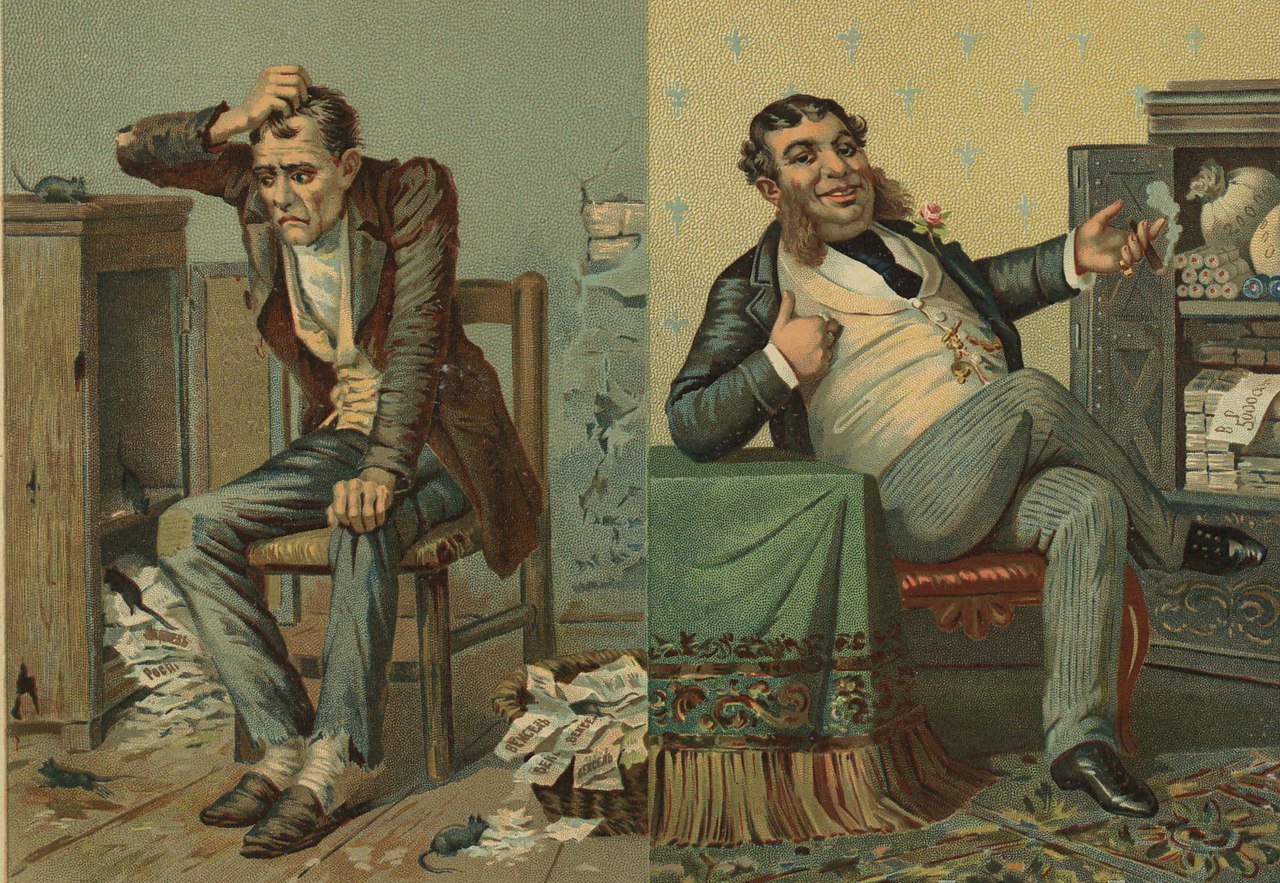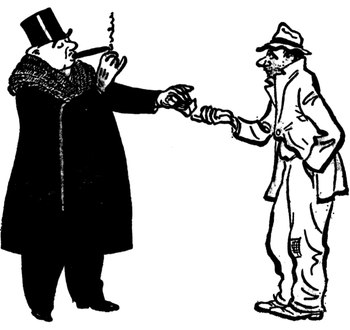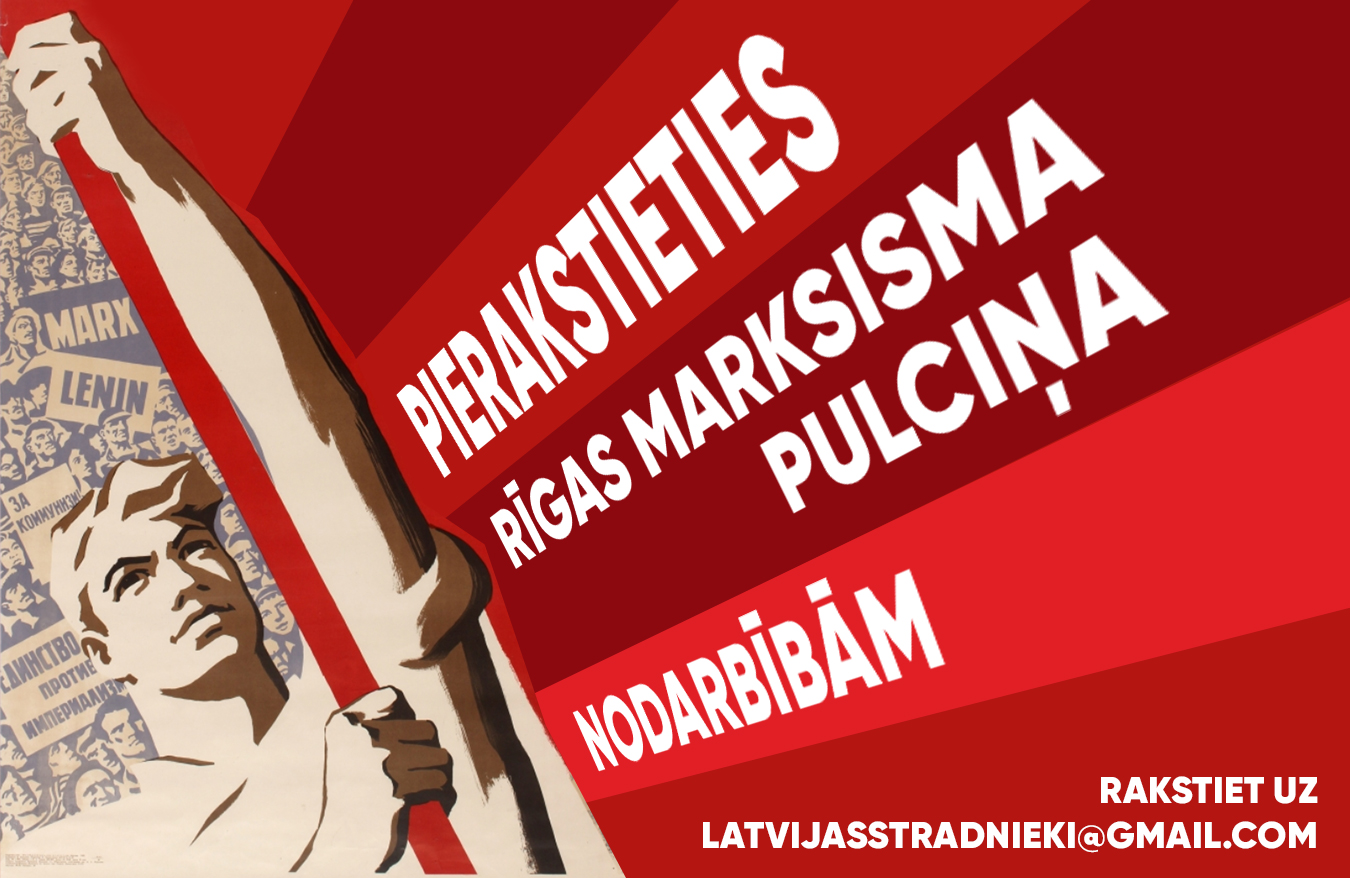I will try to explain certain issues related to the economy. Why some countries are rich while the rest are poor? Is the political system or the population to blame? Is it the laws, coupled with inherent laziness or stupidity? Crooked politicians? Then why the rulers of all the former Soviet republics dream about investors flooding into their countries? Why do these politicians come up with such elaborate traps for said investors? We repeatedly change our laws to make them more similar to their “Western” counterparts. We are forced to use the European standards (renovating things, for example). We desperately try to improve our “investment climate.” But what does investment mean anyway?

We are building capitalism. Under this system, the main goal for any manufacturing is profit. The lack of profit means death. Quite literally. The quality of your goods is not even that important. You can go bust even if you produce top-quality merchandise. “Rolls-Royce” was even forced into bankruptcy once, yet factories that make shoddy economy cars are alive and kicking.
Competitiveness is not easy to understand. What is it then?
Here is the answer: your earnings are bigger than your expenses or, simply put, you have surplus. The bigger you surplus is, the more competitive you are. Your expenses must be lower than what you make selling your products. Expenses include raw materials, the production process itself, energy costs, salaries etc. There many things to consider. However, we will not make a detailed account of every Latvian-based company. But the investors keep an active file and, believe me, the results are not good. In fact, the situation is so bad that no one wants to invest here. And we are not the only ones caught in this trap.

Any kind of production in Latvia will be unprofitable as long as the borders are open for world trade. Needless to say, the economic borders are open, we embrace the “market economy” and “free competition.” Free market simply means that goods and capital can travel freely around the globe, currencies can be freely exchanged, virtually no customs are paid at the border, companies trade with each other without any restrictions. Do you remember just how much we longed for it? All we needed to do is open our market, compete, and everyone would be happy. But we know how that turned out in this country. All major factories are in ruins. Honest-to-goodness politicians and highly skilled workers will not save us now. We are just a small country somewhere up north. The costs for heating alone are exorbitant! We hardly have any raw materials of our own. No cheap energy to speak of. On the contrary, in some other countries opening a window is enough to warp up a room. Yes, things are indeed like that. And the investors are well aware of these things. The politicians just do not want to admit that improving our “investment climate” is just a waste of time. At least they think that ordinary people will sleep easy at night. “Never give up on hope.” That is how we have been living for the past 30 years. And we still believe in these fairy tales.
It is clear that free competition inevitably leads to bankruptcy. Even a slight mistake in your projections will doom your entire endeavor. This system has no room for romantics. It is foolish to expect mercy from the state or your competitors. Investment is not a loan. It accounts for everything: construction, raw materials, equipment, personnel training and so on. Sometimes it includes lodging and even kindergartens (remember when city-forming enterprises were still a thing?).
The investor will make a return on his investment only if he generates income from sold merchandise. First and foremost, the investor needs to break even. Only then he can make actual profit. If his investment plan fails, the state is not obliged to reimburse his losses. Any investor is, in essence, a gambler who simply bets his money in hopes of making it big. If one simply acquires an already existing factory, then it is not considered to be an investment. And if this recently acquired enterprise goes bust, the state has to compensate the workers as well as former business partners. And the owner, provided he evades trial, can go on a vacation somewhere in the Mediterranean.
That is why the state needs those investors so badly because one does not have to pay for their mistakes. The workers can be booted at any time: “You shouldn’t have trusted your former employer. The government is not responsible for your current predicament!” Here is how it usually plays out: the owner erects a factory, installs new equipment, launches production, sells the goods, transfers the money onto his offshore account and vanishes like he never existed. The production line begins to deteriorate, no one teaches the staff, salaries are not declared to the authorities (paid “in envelopes”).
When a lemon is squeezed dry, the peel is thrown out.
Our workers do not care about their own future. They hope that they will not be fooled again. They think that the new owner will be just and benevolent. How foolish of them. You will have no pension and your children will be robbed of their future. They are leaving this country right now as we speak. What will you do when you get old? Who will provide for you?
You need to remember this: any Latvian business will inevitably fail if it tries to compete in a global market. Capitalism is cruel and unforgiving. It disregards the workers and the rich alike. Entire countries lay at its feet. Doomed are those who cannot follow its rules. Just look at what happened in the US in 1928-1932. The economic depression erased all traces of wealth. One stock market crash is all it took to throw millions into extreme poverty. Maybe we should finally consider other options. It is time to realize that socialism and planned economy is our salvation. Close the economic borders and just start living within our means.
Yours sincerely,
Karlis Marx
